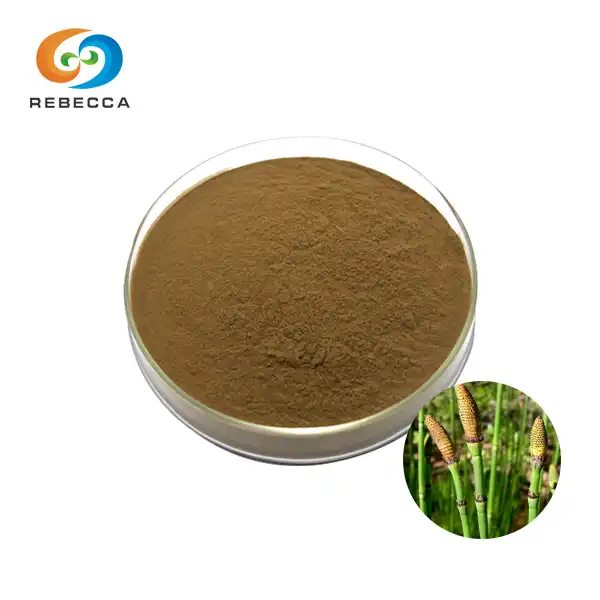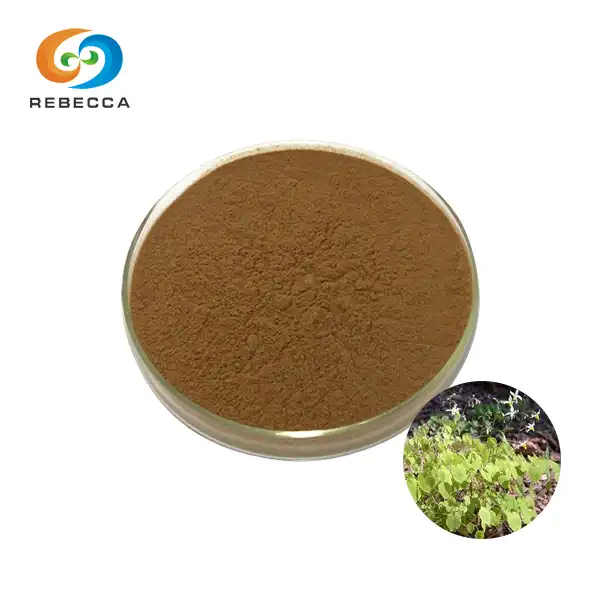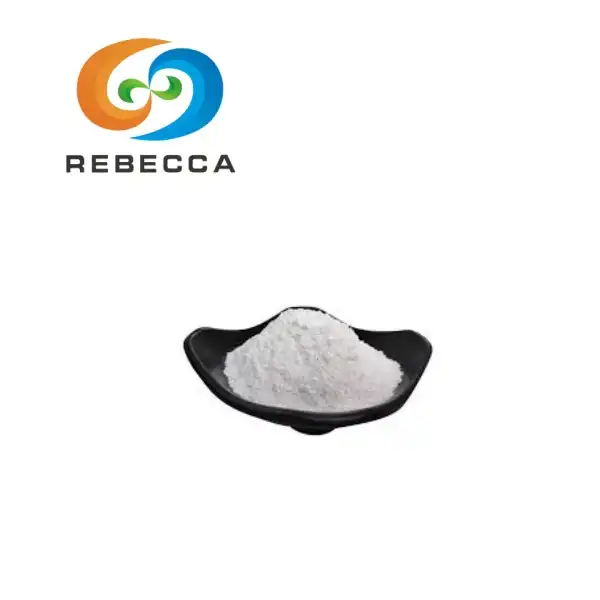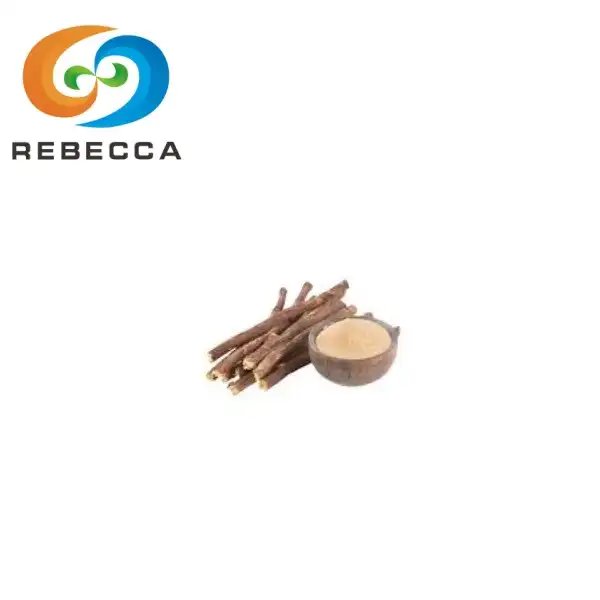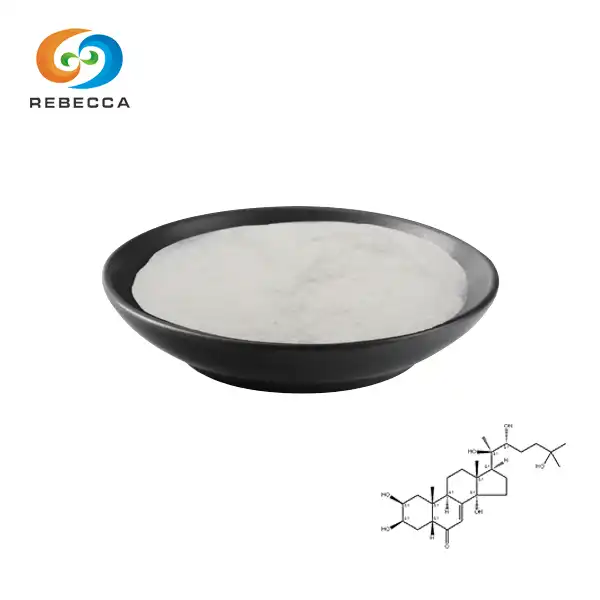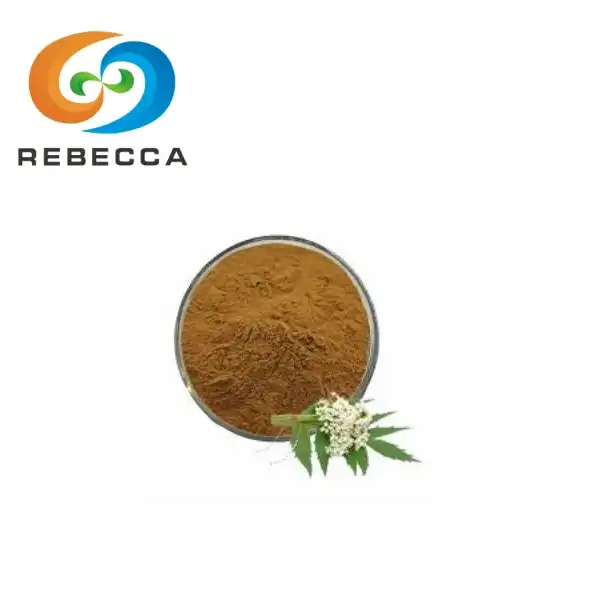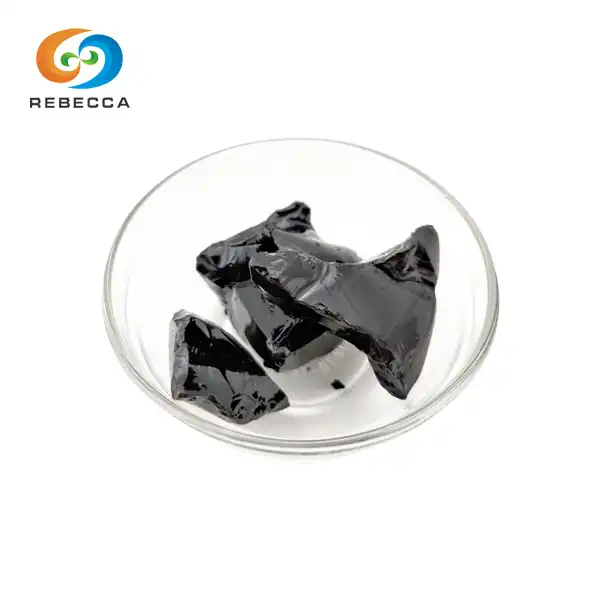How much lycopene is in tomato extract?
Tomato extract has gained significant attention in recent years due to its rich lycopene content. Lycopene, a powerful antioxidant carotenoid, is responsible for the vibrant red color of tomatoes and offers numerous health benefits. This article delves into the lycopene content of tomato extract, its health advantages, and how to choose high-quality products.
Lycopene Content Variations in Tomato Extract
The lycopene concentration in tomato extract can vary widely, depending on several factors:
Extraction Methods and Their Impact
The technique used to extract lycopene has a direct impact on its concentration. Supercritical fluid extraction and ultrasound-assisted extraction are modern methods that yield higher lycopene levels by preserving its structure more effectively. In contrast, traditional solvent extraction may result in lower yields and nutrient degradation, making advanced methods preferable for maximizing lycopene content.
Tomato Varieties and Ripeness
Lycopene content varies significantly across tomato cultivars and their ripeness levels. Varieties like Roma and San Marzano are naturally richer in lycopene. Moreover, lycopene synthesis increases as tomatoes ripen, so fully matured fruits offer higher concentrations than unripe ones. Choosing the right variety at peak ripeness is essential for producing high-quality tomato extracts.

Processing and Storage Conditions
Processing methods and storage environments also influence lycopene stability. Heat processing can increase bioavailability by breaking down cell walls, enhancing absorption. However, poor storage—especially with exposure to light, oxygen, or high temperatures—can degrade lycopene over time. Optimal processing and careful storage are essential to maintain the lycopene content in the final extract.

Typical Lycopene Concentrations
Commercial tomato extracts usually contain lycopene concentrations ranging from 5% to 20%, depending on the product's purpose. Some high-grade formulations may reach up to 98% lycopene. It's important to understand that these percentages refer specifically to the extract portion and not to the total weight of the final product, which may include other ingredients.
Health Benefits of Lycopene in Tomato Extract
The lycopene found in tomato extract offers a myriad of health benefits:
Antioxidant Properties
Lycopene acts as a strong antioxidant that neutralizes harmful free radicals in the body. By reducing oxidative stress, it helps protect cells from damage that may lead to chronic illnesses. This protective effect supports overall health by maintaining cellular integrity and reducing the risk of conditions linked to oxidative damage.

Cardiovascular Health
Research indicates that lycopene may support heart health by lowering LDL cholesterol and improving blood pressure regulation. These benefits help reduce arterial plaque buildup and enhance blood flow. Consequently, lycopene consumption may decrease the likelihood of developing cardiovascular diseases like heart attacks and strokes over time.

Skin Protection
Lycopene's antioxidant abilities help protect the skin from damage caused by ultraviolet (UV) rays. It supports skin elasticity and may slow down the visible signs of aging. Regular intake of lycopene from tomato extract can improve skin resilience and promote a healthier, more youthful complexion by combating oxidative stress.

Prostate Health
Some studies suggest that lycopene intake could be linked to a lower risk of prostate cancer. Its antioxidant and anti-inflammatory properties help reduce factors associated with cancer development. Although more research is needed, lycopene shows promising potential in supporting prostate health and lowering cancer risk.

Eye Health
Lycopene contributes to eye health by protecting against age-related macular degeneration and cataracts. Its antioxidant effect preserves the structure and function of eye tissues, helping to maintain good vision. Regular consumption may support long-term eye health and reduce the risk of common vision problems in older adults.

Choosing Quality Tomato Extract for Maximum Lycopene
To ensure you're getting a high-quality tomato extract with optimal lycopene content, consider the following factors:
Standardization and Purity
Choose tomato extract products standardized to a specific lycopene concentration to ensure consistency in each dose. Reputable brands provide clear labeling about lycopene content. It's also important that the product contains no unnecessary additives, fillers, or contaminants, which could reduce effectiveness or introduce unwanted substances.
Extraction Method
Advanced extraction techniques, such as supercritical CO2 extraction, help produce tomato extracts with higher lycopene content and purity. These methods avoid harsh solvents and preserve lycopene's natural potency. Selecting products made with such modern extraction ensures a more effective and high-quality supplement.
Source of Tomatoes
High-quality tomato extracts are typically derived from non-GMO and organically grown tomatoes. These sources minimize exposure to pesticides and other chemicals, resulting in a purer product. Organic tomatoes often provide superior nutritional content, contributing to a better overall health benefit from the extract.
Third-Party Testing
Choose tomato extracts verified by independent third-party laboratories. Testing confirms that lycopene content matches the label and checks for impurities like heavy metals or pesticides. This verification increases confidence in the product's safety, purity, and potency, ensuring you get what you pay for.
Formulation and Bioavailability
Since lycopene is fat-soluble, its absorption improves significantly when consumed with fats. Look for oil-based tomato extract formulations or supplements that include a fat source. Such formulations enhance bioavailability, allowing your body to utilize lycopene more effectively and maximize its health benefits.
Conclusion
The lycopene content in tomato extract can vary significantly, typically ranging from 5% to 20%, with some specialized products offering even higher concentrations. The health benefits of lycopene are numerous, making it a valuable addition to one's diet or supplement regimen. When choosing a tomato extract, prioritize quality, purity, and standardization to ensure you're getting the most benefit from this powerful antioxidant. For more information about our high-quality tomato extract products, please contact us at information@sxrebecca.com.
References
1. Johnson, E. J. (2019). The role of lycopene in human health. Nutrition Reviews, 77(2), 85-98.
2. Rao, A. V., & Rao, L. G. (2007). Carotenoids and human health. Pharmacological Research, 55(3), 207-216.
3. Stahl, W., & Sies, H. (2012). β-Carotene and other carotenoids in protection from sunlight. The American Journal of Clinical Nutrition, 96(5), 1179S-1184S.
4. Xu, X., Li, J., Wang, X., Wang, S., Meng, S., Zhu, Y., ... & Xie, L. (2016). Tomato consumption and prostate cancer risk: a systematic review and meta-analysis. Scientific Reports, 6(1), 1-8.
5. Story, E. N., Kopec, R. E., Schwartz, S. J., & Harris, G. K. (2010). An update on the health effects of tomato lycopene. Annual Review of Food Science and Technology, 1, 189-210.
_1730691017423.webp)










